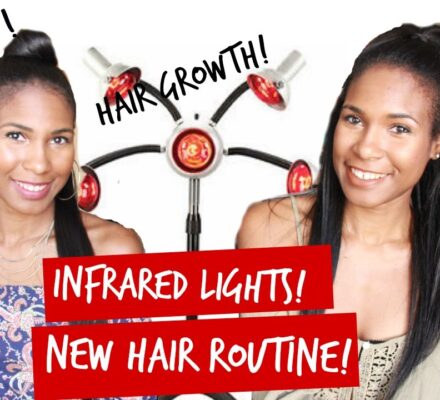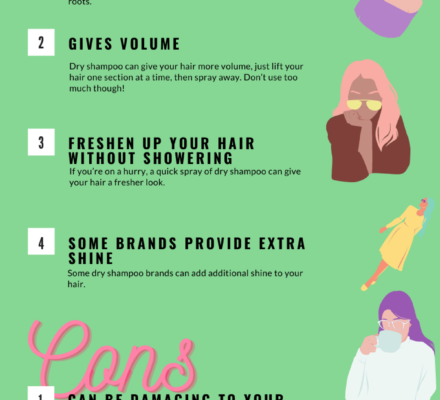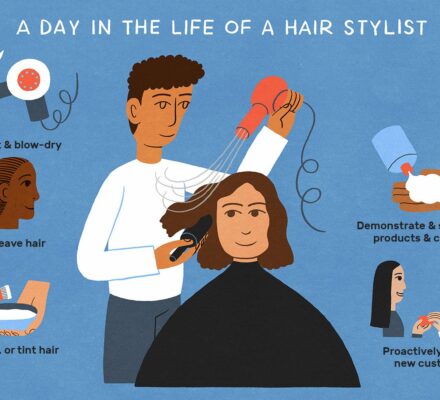Using a conditioner is a crucial part of your hair care routine. It helps keep your hair hydrated and nourished, as well as making it more manageable. The best conditioners for hair are deep conditioners, which you apply to the scalp and leave for a few minutes before shampooing. This allows the conditioner to penetrate your hair shaft to provide moisture and nutrients. Deep conditioners can be purchased in many stores or online.
Natural Actives Hair and Scalp Conditioning Products
A range of natural ingredients can help restore balance and prevent dandruff. These active ingredients have a broad range of uses, from soothing irritated scalps to restoring hair’s elasticity. Some are even biotechnological, helping to strengthen the skin’s natural barrier. This biotechnological ingredient has shown efficacy in leave-on and rinse-off applications. If you have dandruff, consider adding a small amount of natural ingredients to your haircare routine.
One of the most common solutions is medicated shampoo. It’s used to treat conditions related to scalp irritation and itching, and contains active agents such as salicylic acid and tar derivatives. Other options are cationic detergents, dimethicone, and laureth sulfates. All of these ingredients help cleanse the scalp and prevent future dandruff. Fortunately, natural actives are also available that are safe for use in shampoo and conditioners for both men and women.

Avoiding silicones
The trend toward natural and clean beauty has many benefits, including a growing interest in avoiding certain ingredients. The first to be called into question are parabens, sulfates, and phthalates. And now, silicones may be next. Silicones are generally regarded as bad for the hair, but they’re not always the culprit. Silicones have several side effects and should be avoided for the sake of your health.
Most silicones are occlusive, meaning they create a barrier that prevents moisture from reaching the hair shaft. While silicones can prevent hair from getting wet, oils are soluble, which makes them easy to emulsify. Some common oils used in hair care products are coconut, jojoba, and vitamin E. While oils have a lower molecular weight, they are not emulsified as easily as silicones. This can lead to a substantial buildup over time.
Choosing the right conditioner
Choosing the right conditioner for your hair and scalp can make it less prone to tangles and frizz. It can also add shine and reduce static electricity. Using the wrong conditioner or skipping the step of rinsing it out can make your hair look limp and greasy. Choose a conditioner for dry or oily hair, and make sure to thoroughly rinse it out. Use a wide tooth comb or your fingers to work the conditioner into your scalp.
The first thing to consider when selecting the right conditioner is the condition of your hair. If your hair is dry, it tends to break easily. If you want to prevent this, consider purchasing a thick conditioner with nourishing ingredients. This type of conditioner will also help control frizz and reduce the appearance of split ends. If your hair is neutral, then you do not need to use a special conditioner. You can use less conditioner per wash and conditioner and still have beautiful, healthy hair.
Ingredients to look for
Many people do not realize that many of the most commonly used hair and scalp conditioner products are loaded with potentially toxic ingredients. These ingredients are present in almost all types of products, from drugstore shampoo to the more expensive treatments at salons. While some companies may tout the benefits of their natural ingredients, these ingredients should not be found in any hair and scalp care product. The following are a few ingredients to avoid:
Sodium Lauryl Sulfate
Potassium Sorbate
Phenoxyethanol.
Cocamidopropyl Betaine.
Triclosan and related products.
These ingredients will leave your hair and scalp looking unhealthy, so take note!
Natural oils penetrate the hair strands to nourish the scalp and improve elasticity. These oils also contain ingredients that may be difficult to pronounce. Proteins can be problematic for some people, so understanding what proteins they contain will help you determine which products will be best for your particular hair type. Protein-sensitive hair may require a moisturizing shampoo, while those with normal or oily scalps can benefit from a protein-free formula.



